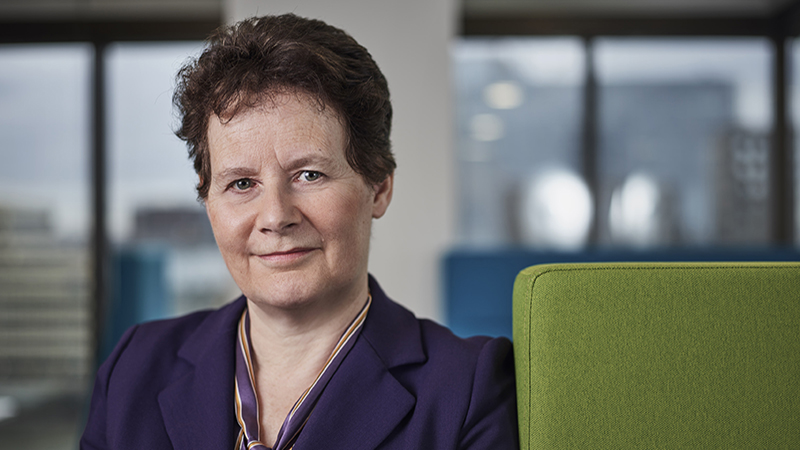Such pessimistic predictions have become more common place across the industry as commentators become frustrated with the meagre potential returns from cash and gilts and the UK’s unhurried recovery from economic gloom.
“Interest rates will remain at very low levels for five, perhaps even 10 years, which will prolong the pain for many savers who are getting a paltry return on their savings,” proclaims Coutts’ chief investment officer Alan Higgins.
For Peter Hensman, global strategist at Newton Investment Management, the political noise surrounding the lack of domestic economic growth remains “deafening”. However, he sees it as no great surprise that QE has not been raised from its current level of £375bn.
“Not only is the £50bn of additional gilt purchases initiated in July scheduled to continue to run through October, this will also allow more time to assess the impact of the Funding for Lending Scheme that was also launched over the summer,” he explains.
Funding for lending
The Funding for Lending scheme has the backing from some of the largest banks in the country despite its goal of essentially making it cheaper for firms and individuals to borrow money.
John McNeill, head of international rates at Kames Capital, believes the Bank of England will consider the case for further easting at its November meeting given its increasing concerns about a lack of any growth over the past two years.
“The Bank believes that the additional credit easing measures of the Funding for Lending scheme and the Extended Collateral Term Repo (ECTR) Facility are powerful additions to gilt purchases, and that the monetary stance is sufficiently loose for now,” he adds.
Hensman predicts that the powers that be will eventually opt for more easing.
Currency wars
“Expectations for a further round of QE are likely to build if existing uncertainties and weaker economic data remain, especially given the resumption of ‘currency wars’ following the launch of the QE3 programme in the US that has prompted tit-for-tat easing of monetary policy across the globe,” he adds.
Long-term monetary policy in the UK will inevitably be influenced by the decisions of central banks from around the world, perhaps more so than has been the case historically, especially since the ECB is taking more of a front seat role with its Outright Monetary Transactions programme.
The problem with talk of permanently low interest rates is that it makes for uncomfortable listening for those, say, haunted by Japan’s lost decade, while deflation remains the last unmentionable.










